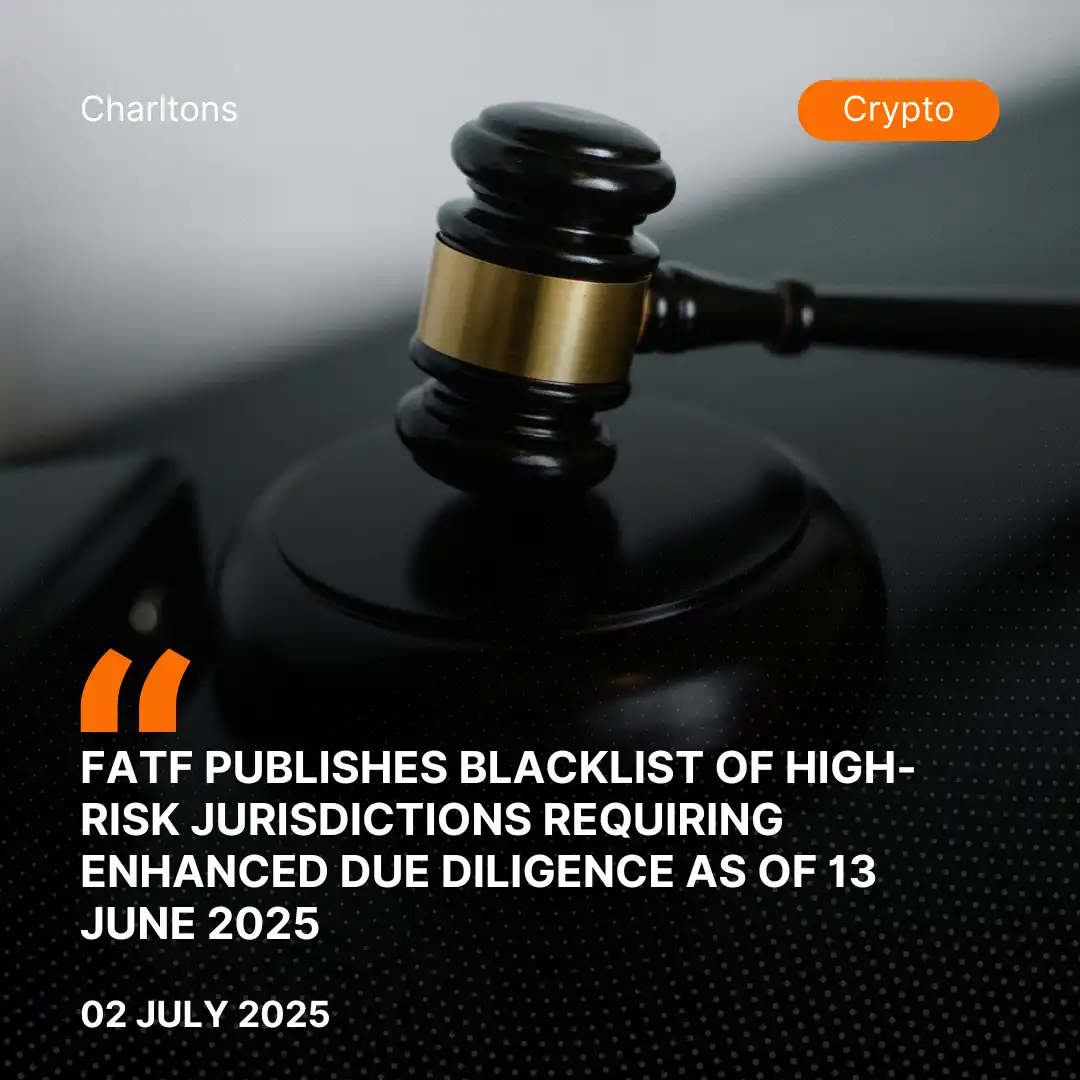
On 9 August 2024, the Australian Securities and Investments Commission (ASIC) released it’s financial advice update that discusses the importance of compliance across multiple critical areas. This update addresses the need for accurate record-keeping on the financial advisers register, ensuring that advisers meet required qualification standards, and maintaining stringent cybersecurity measures, especially concerning third-party exposures. Additionally, ASIC highlights ongoing concerns about unethical practices in the superannuation switching sector, specifically regarding cold calling and high-pressure sales tactics that can lead to poor consumer outcomes. The update also reminds AFS licensees of the imperative to register financial advisers properly before they provide personal advice, with strict compliance checks already identifying lapses in this area. Through this comprehensive update, ASIC reinforces its commitment to safeguarding investors and maintaining the integrity of the financial advice sector by emphasizing transparency, ethical conduct, and proactive risk management.
AFS licensees are reminded to meticulously maintain accurate records on the financial advisers register. Recent reviews by the ASIC have revealed alarming inconsistencies, particularly in the recording of advisers’ qualifications. This is not just a minor administrative task; incorrect or outdated information can lead to severe penalties. The commission has been clear—ensuring that records accurately reflect an adviser’s qualifications, ability to provide tax-related financial advice, and current contact details is a fundamental requirement. Any discrepancies must be promptly rectified by lodging a ‘maintain’ transaction on ASIC Connect. The implications of failing to do so could be dire, as providing false or misleading information to ASIC is a serious offence, carrying significant consequences.
In parallel, the commission’s focus on adviser qualifications has intensified. If you’re an advice licensee, it’s your responsibility to ensure that all relevant providers meet the qualifications standard before they are authorized to provide personal advice. This applies even if the adviser has previously been authorized by another licensee. The deadline for existing providers to meet these standards is 1 January 2026, a date that is fast approaching. The process of assessing adviser qualifications against the prescribed standards is rigorous, and licensees must ensure compliance to avoid potential legal challenges.
ASIC’s ongoing review of cold calling practices for superannuation switching has further highlighted the importance of ethical conduct in financial advice. The commission’s findings reveal that some operators are using high-pressure tactics to push consumers into unnecessary and often detrimental superannuation switches. These practices not only harm consumers but also tarnish the reputation of the financial advice industry. ASIC has made it clear that it will continue to take strong action against those who fail to act in the best interests of their clients. Licensees must therefore ensure robust monitoring and supervision mechanisms are in place to prevent such unethical practices.
Cybersecurity remains a top priority as well. The commission has identified third-party exposure as a growing risk for financial institutions. With many businesses outsourcing IT functions, the risk of cyber attacks through third-party vulnerabilities has escalated. ASIC’s recent Cyber Pulse Survey revealed that a significant percentage of organizations are not adequately managing these risks, leaving them vulnerable to breaches that could have catastrophic consequences. The commission is urging financial services businesses to enhance their cyber defenses, particularly in managing third-party risks. Simple measures like implementing multifactor authentication (MFA) can provide a robust line of defense against cyber threats.
Furthermore, the introduction of a new registration requirement for financial advisers marks another critical area of focus. As of 16 February 2024, all relevant providers, except provisional relevant providers, must be registered before providing personal advice to retail clients. This registration is a continuous obligation and is separate from the requirement to be listed on the financial advisers register. ASIC’s compliance program has already uncovered instances where advisers were not registered after moving between licensees. Such oversights could lead to significant regulatory action, making it imperative for all licensees to ensure their advisers are properly registered.
In addition to these specific areas of concern, ASIC is taking proactive steps to ensure that the financial advice sector is operating at the highest possible standard. The Commission’s approach is not just about enforcement but also about raising awareness among both investors and financial institutions. These efforts are designed to enhance investor confidence, ensuring that they receive advice that is not only accurate and reliable but also in their best interest. For financial institutions, this update serves as a reminder that maintaining high standards of practice is not optional but a fundamental requirement for operating within Australia’s financial system.
These steps by ASIC are crucial in ensuring a better regulatory environment that not only protects investors but also fosters a culture of accountability and excellence within the financial advice sector. By addressing key areas such as accurate record-keeping, ethical practices, and cybersecurity, ASIC is working to create a more robust and resilient financial landscape. These measures also serve to educate and inform both financial advisers and their clients, promoting greater awareness and understanding of the importance of compliance and ethical conduct in financial services. Through these initiatives, ASIC is helping to build a financial system that is not only safer for investors but also more efficient and fair, ultimately contributing to the overall stability and prosperity of the Australian economy.





